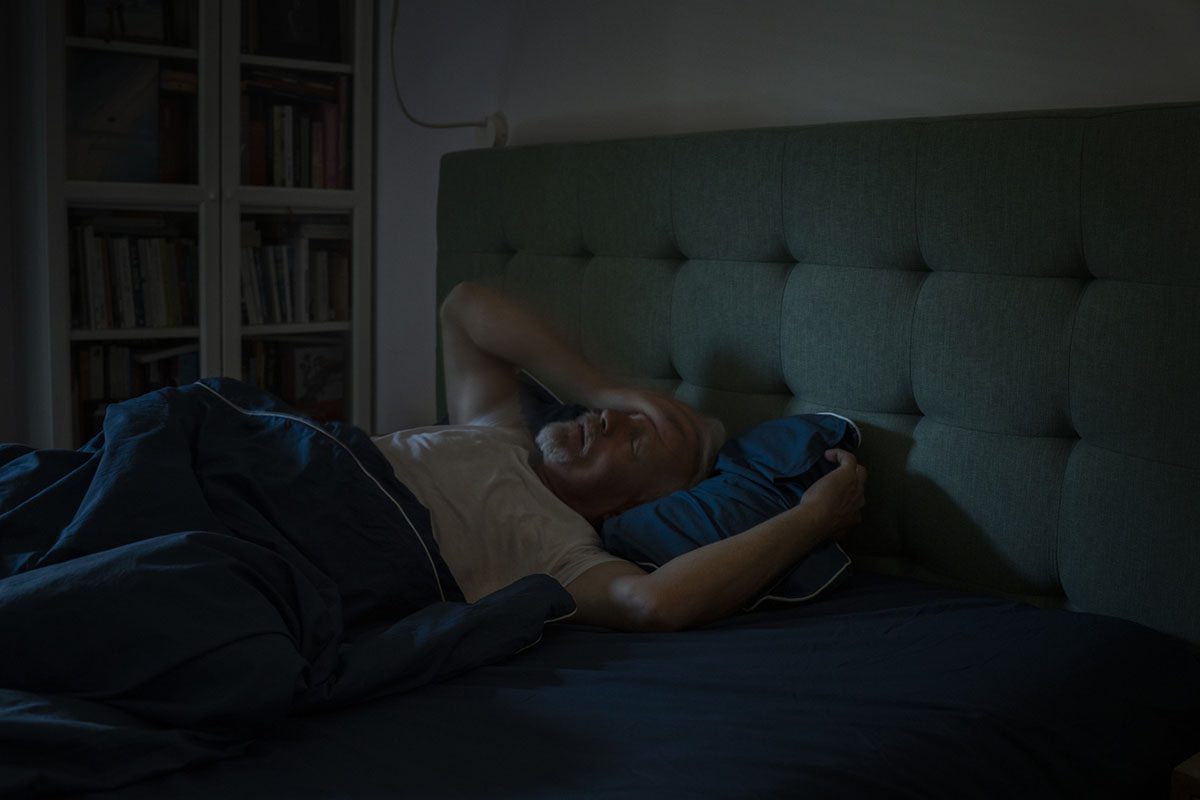Objective: To clarify the prevalence and clinical features of sleep-related eating disorder (SRED) in psychiatric outpatients taking hypnotics as well as factors associated with the disorder.
Methods: From February 1, 2012, to February 29, 2012, a cross-sectional study was undertaken. A questionnaire addressing demographics, the Japanese version of the Pittsburgh Sleep Quality Index (PSQI), presence of abnormal behavior during sleep focusing on SRED and sleepwalking, and duration of hypnotic medication and subjective side effects of the drug was distributed to psychiatric outpatients who were taking hypnotics at the time of the survey.
Results: Of 1,318 patients taking hypnotics, 1,048 patients (79.5%) provided valid responses, and 88 of them (8.4%) had experienced SRED. The SRED group was significantly younger, had a significantly higher total PSQI score, and took higher bedtime diazepam-equivalent doses of hypnotics than the non-SRED group (P < .01 for all comparisons). In the SRED group, subjective side effects due to hypnotics were present at significantly higher proportions than in the non-SRED group. Multiple logistic regression analysis showed that younger age (adjusted odds ratio [aOR] = 0.98, 95% CI = 0.96-0.99, P = .021), taking 2 or more kinds of antipsychotics (aOR = 3.41, 95% CI = 1.93-6.05, P < .001), and the bedtime diazepam-equivalent dose of a hypnotic (aOR = 1.03, 95% CI = 1.01-1.05, P = .039) were significantly associated with the experience of SRED.
Conclusion: The prevalence of SRED in psychiatric outpatients taking hypnotics is elevated, particularly in younger patients, and the hypnosedative effects of the drugs could be responsible for the occurrence of the disorder in this population.
Members Only Content
This full article is available exclusively to Professional tier members. Subscribe now to unlock the HTML version and gain unlimited access to our entire library plus all PDFs. If you're already a subscriber, please log in below to continue reading.
Please sign in or purchase this PDF for $40.00.
Already a member? Login





